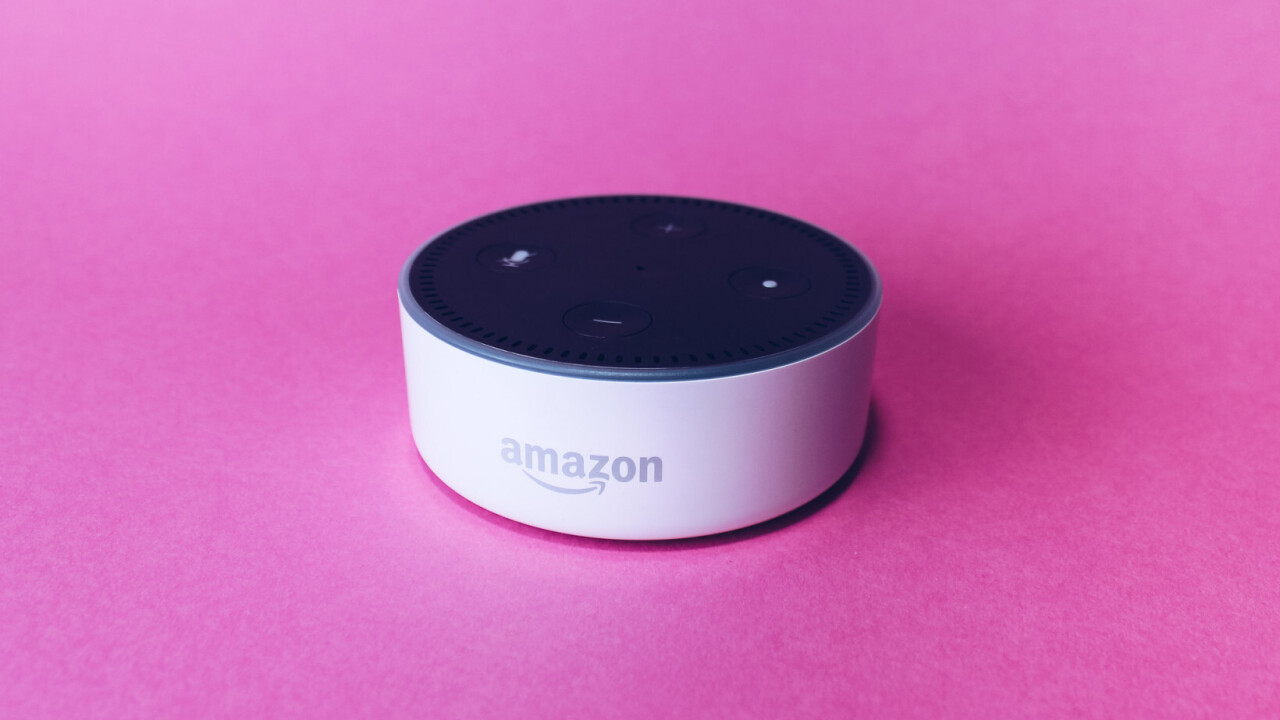Scientists have developed a new smart speaker system that could turn the Amazon Echo and Google Home into contactless heartbeat monitors.
The AI-powered system sends inaudible sounds from the speakers towards a person sitting nearby.
When they bounce back, algorithms analyze the sound waves to determine the heart rate.

Researchers from the University of Washington tested the device on healthy people and hospitalized cardiac patients. They found that the smart speaker detected their heartbeats almost as well as medical-grade ECG monitors.
The team says it’s the first time that both regular and irregular heartbeats can be monitored without physical contact.
[Read: How do you build a pet-friendly gadget? We asked experts and animal owners]
The system harnesses two different algorithms. The first one analyzes signals from all the smart speaker’s microphones to find the heartbeat.
Study co-author Shyam Gollakota said this is similar to how Alexa identifies a user’s voice in a noisy room:
When I say, ‘Hey, Alexa,’ the microphones are working together to find me in the room and listen to what I say next. That’s basically what’s happening here but with the heartbeat.
A second algorithm then segments the signal to determine the amount of time between two heartbeats.
The system is currently set up for spot checks by a person worried about their heart rhythm. But it could be adapted to continuously monitor patients for signs of sleep apnea or cardiac emergencies.
The likes of Amazon and Google could also integrate the software into their smart speakers. My only concern is that hackers could access the system to work out if I’m home before robbing the place.
Get the TNW newsletter
Get the most important tech news in your inbox each week.






